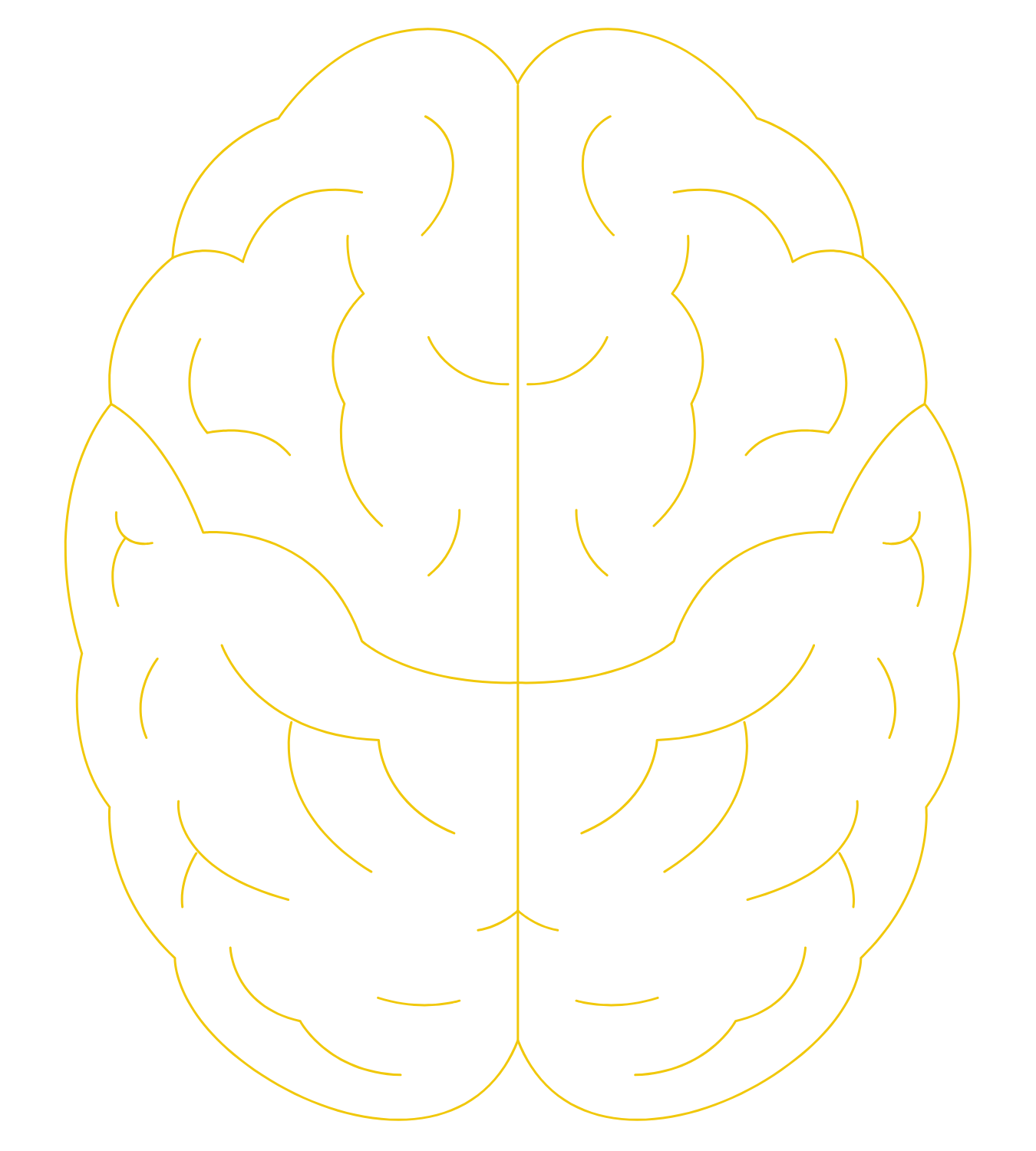
Neurodiversity Training for Contact Centres
Support every caller. Support every colleague. Build teams that work for all.
Inclusive support for frontline teams. Support neurodivergent colleagues in high-pressure, high-contact roles. This training helps teams reduce sensory stress, improve communication, and deliver inclusive customer service.
Contact centre environments create hidden barriers for neurodivergent colleagues.
Contact centres are high-pressure environments, fast-paced, target-driven, and heavily reliant on communication. For neurodivergent team members, this can mean extra barriers. These range between sensory overload and rigid scripts to burnout and misunderstandings.
This training gives contact centre teams the tools to recognise those barriers, adapt support, and create an environment where neurodivergent colleagues can thrive, without compromising service quality or performance.
This Is For Teams Who Want To:
Improve retention and wellbeing for neurodivergent contact centre staff
Support hybrid, remote, and in-office teams effectively
Train managers to adapt expectations without lowering standards
Reduce stress, burnout, and communication breakdowns
Create fairer recruitment and onboarding processes for contact centre roles
What You’ll Learn:
1. Understanding Neurodiversity in Contact Centres
How autism, ADHD, dyslexia, dyspraxia, and other neurotypes show up in high-pressure work environments
Why sensory load, targets, and scripts can create extra barriers
The hidden impact of masking and burnout in contact centre teams
2. Everyday Workplace Barriers
Noise, lighting, and sensory overload in contact centres
Communication challenges in fast-paced, scripted environments
Performance metrics that unintentionally disadvantage neurodivergent colleagues
3. Communication That Works
Adapting feedback, coaching, and supervision styles
Supporting clear, respectful communication within teams
How managers can spot signs of stress and intervene early
4. Reasonable Adjustments That Make a Difference
Adjustments for shift patterns, scripts, and performance monitoring
Hybrid and remote working considerations for contact centre staff
Supporting different role types, frontline agents, supervisors, and support staff
5. Building Neuroinclusive Contact Centre Teams
Encouraging collaboration and respect across teams
Moving beyond awareness into everyday, practical neuroinclusion
Recognising and leveraging neurodivergent strengths, such as problem-solving, pattern spotting, and resilience
Learning Outcomes
A real understanding of how neurodivergence affects contact centre work, and how contact centre operations impact neurodivergence
Confidence in supporting neurodivergent colleagues day-to-day
Knowledge of practical adjustments that improve wellbeing, retention and performance
A more neuroinclusive and resilient team culture
Session Logistics
Duration: 90 minutes (including Q&A)
Delivery: Virtual (your platform or ours) or in-person talk or workshop
Tailored: Sessions available for leadership teams, supervisors, or full contact centre staff, and customer focus
Support training with workplace assessment and follow-up.
After training fast-paced teams, run a workplace assessment to diagnose sensory or communication barriers in contact environments. Then offer Lunch & Learn refreshers or toolkits to continuously embed neuroinclusive shifts in behaviour and culture.

Looking for more training options?
This is just one of the ways we help organisations build truly inclusive workplaces. Explore our full training menu to find the sessions that fit your people and your goals.
Ready to build stronger, more neuroinclusive contact centre teams?
Let’s explore together.
Start with a conversation. Grow with intention.


